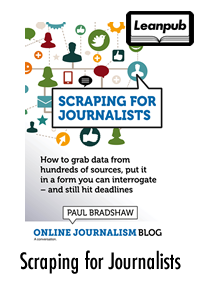17 students at Columbia University’s Graduate School of Journalism in New York City came together to perform an experiment in 21st century journalism. I invited them to write about the results.
How much is journalism worth? Throughout the past semester, under the tutelage of our professor, Michael Shapiro, we have had endless discussions about how journalism is changing, what we can do to keep up, and how journalists can make a living when so much Internet content is free. To answer that simple question, we set up a website.
Instead of a paywall, we offered our 17 stories to the public for free. At the end of each story, there is a pay option. If the reader enjoys the story, we hope he or she will pay for it. How much? The reader decides.
Projectwordsworth.com was launched on May 9. By May 10, we had made over $1,200 and seen over 20,000 unique site visitors.
Some people donated $1. Others donated $50. Our experiment lasted one week. On May 16, we hoped to discover something new about how people consume and pay for stories. Do readers respond positively when you ask them to pay rather than force them? Do readers who pay for stories also share stories on social media? And last but not least, how much is a good story worth?
Please visit our site to learn more. Check out some stories. Share them. If you like them, pay for them. And if you want to hear about the results of our experiment, feel free to email us at project.wordsworth@gmail.com. Happy reading!


